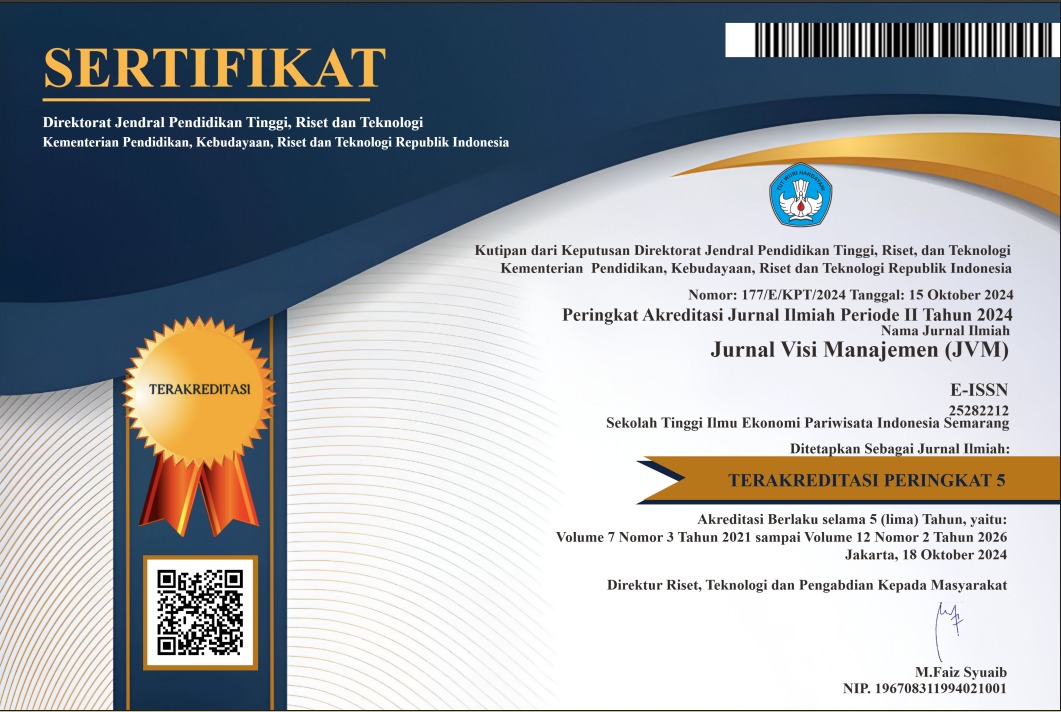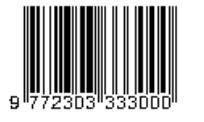Optimalisasi Penghimpunan Wakaf Uang Menggunakan Sistem Digital Perspektif Hukum Ekonomi Syariah
Studi Kajian di Badan Wakaf Indonesia (BWI)
DOI:
https://doi.org/10.56910/jvm.v11i3.539Keywords:
Cash Waqf, Digital System, Optimization, Sharia Economics, Waqf CollectionAbstract
With the lack of literacy related to money waqf, people do not understand what money waqf is, so that its great potential cannot be optimized. The opportunity for waqf in Indonesia is very large. This is due to the majority of the population being Muslims (Rinawati, 2021).. The purpose of this study is to find out the Optimization of Money Waqf Collection Using a Digital System from the Perspective of Sharia Economic Law (Study Study at the Indonesian Waqf Agency (BWI). The type of research conducted by the researcher is qualitative case studies. Qualitative data is data in the form of words, not in the form of numbers. Qualitative data is obtained through various data collection techniques such as interviews, document analysis, focused discussions, or observations that have been outlined in field notes (transcripts). The results of the research found that legally, there are regulations that allow money waqf, including the fatwa of the Indonesian Ulema Council (MUI) with the provision of distributing money waqf only for things that do not violate sharia and are right on target to people in need. With the digital regulation of waqf that is still common, the mechanism of the digital system in collecting money waqf is still not optimal and is still in the stage of finding a pattern in the collection of digital-based waqf. Then the potential for money waqf is very large and must be optimized. However, the existing potential must also be balanced with innovative programs so that the number of collections is also optimal.
References
Abdussamad, Z. (2021). Metode Penelitian Kualitatif. Makassar: Syakir Media Press.
Abidin, I. (1992). Radd al-Muḥtar ‘ala Al-Dur al-Mukhtār (Vol. 4). Beirut: Dār al-Fikr.
Adainuri, M. I. (2024). Integrasi dan Digitalisasi Manajemen Lembaga Wakaf di Indonesia. Jurnal Ekonomi Islam, 26(2), 123–135.
Retrieved from journal.alifba.id
Ahyani, H., & Muharir. (2021). Perspektif Hukum Ekonomi Syariah Tentang Wakaf Uang di Era Revolusi Industri 4.0. Jurnal Ekonomi Syariah, 2(2).
Al Arif, M. N. R. (2010). Pemberdayaan Masyarakat Berbasis Wakaf Uang. Jurnal Asy-Syir’ah, 44(II).
Al Jurjawi, S. A. (1992). Hikmah Al-Tasyri‘ wa Falsafatuhu (H. Mulyo & S. Shobahussurur, Trans.). Semarang: Asy-Syifa’.
al Zuhaily, W. (1986). Ushul Fiqh al Islami (Vol. II). Beirut: Daar al Fikr.
Ali, M. D. (1988). Sistem Ekonomi Islam, Zakat dan Wakaf. Jakarta: UI-Press.
Anggraini, R. D., Dewi, N. D., & Rofiq, M. (2024). Optimalisasi Potensi Wakaf di Indonesia: Tantangan dan Strategi Peningkatan Literasi Wakaf. Journal of Islamic Management Business Studies, 13(1), 65–80.
Retrieved from jurnal.idaqu.ac.id
Anwar, N. F. (2025). Wakaf Uang Digital: Potensi dan Tantangan dalam Pengembangan Ekonomi Syariah. JISEF, 4(1), 67–79.
Retrieved from azramedia-indonesia.azramediaindonesia.com
Badan Wakaf Indonesia. (2022, December 12). Mengenal Wakaf Uang. BWI. https://www.bwi.go.id/mengenal-wakaf-uang/#:~:text=Wakaf%20Uang%20(Cash%20Wakaf%2FWagf,uang%20adalah%20surat%2Dsurat%20berharga. [Accessed: December 12, 2022].
Baharuddin, A. Z., & Iman, R. Q. (2018). Nazir Wakaf Profesional, Standarisasi dan Probllematikanya. Jurnal Studi Ekonomi dan Bisnis Islam, 3(2).
Fahruroji. (2019). Wakaf Kontemporer. Jakarta: Badan Wakaf Indonesia.
Faradis, J., et al. (2015). Manajemen Fundraising Wakaf Produktif: Perbandingan Wakaf Selangor (PWS) Malaysia dan Badan Wakaf Indonesia. Jurnal ASY-SYIR'AH, 49(2).
Rohman, A. (2023, February 10). Wawancara dengan anggota Badan Wakaf Indonesia (BWI). Jakarta.
Downloads
Published
How to Cite
Issue
Section
License
Copyright (c) 2025 Jurnal Visi Manajemen

This work is licensed under a Creative Commons Attribution-ShareAlike 4.0 International License.







